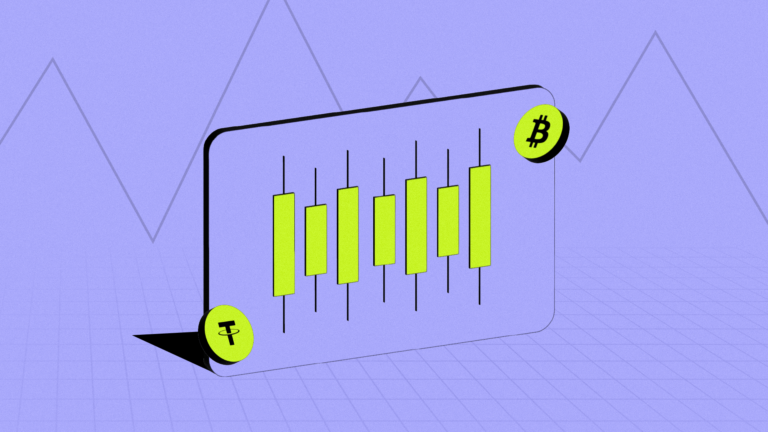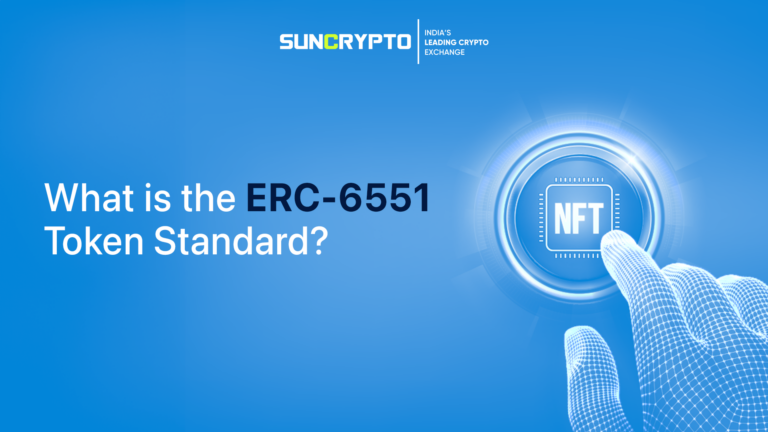In the realm of secure cryptocurrency storage, it is a common recommendation to withdraw your digital assets from an exchange and place them in a personal wallet. This aligns with the prevailing wisdom in the cryptocurrency industry, encapsulated by the phrase, “Not your keys, not your coins.”
When you’re considering the type of wallet to use for your cryptocurrency, you’ll find a diverse range of options, including hot wallets and cold storage, the latter also referred to as offline storage wallets.
An offline wallet, like a Paper Wallet, serves as a prime illustration of secure cryptocurrency storage. This guide will elucidate what it entails and highlight both its advantages and disadvantages. Additionally, we will delve into strategies for enhancing the security of your paper wallet.
Paper Wallet Explained
A paper wallet is a physical document serving as your cryptocurrency wallet. Think of it as a non-custodial cold storage solution, meaning it remains offline and isn’t connected to the internet. The “non-custodial” aspect signifies that you have full control over it, and no one else has authority over it.

To put it simply, it’s a tangible printout that contains your private and public keys, which are both necessary for executing cryptocurrency transactions and providing a digital signature. However, public keys can be shared openly, while private keys are meant for your eyes only. The paper typically displays two alphanumeric strings and two QR codes, which are randomly generated using a key generator.
Cryptocurrency transactions typically involve encryption and decryption, both of which rely on cryptographic keys. Traders need cryptocurrency wallets to manage and execute transactions as well as monitor their assets. Meanwhile, it grants access to these keys without requiring an internet connection.
Paper wallets enjoyed significant popularity from 2010 to 2016, as they were considered a secure method for safeguarding one’s cryptocurrency. During that period, major crypto exchanges even offered their own paper wallet generators, enabling users to print them directly from their accounts. However, with the emergence of more convenient wallet options, these wallets gradually lost their favor.
Pros of Using Paper Wallets
Despite a decline in popularity, paper wallets continue to serve as a legitimate method for safeguarding digital assets. They are widely regarded as one of the most secure ways to store cryptocurrencies. The following enumerates several advantages that render them a worthwhile choice even in today’s landscape.
▪️ Cold Storage: Paper wallets belong to the category of cold storage, signifying their disconnection from the internet, in contrast to hot wallets. Consequently, they are impervious to hacking attempts, ensuring the safety of the cryptocurrencies held within. The sole risk involves the physical loss or theft of the paper wallet.
▪️ Ease of Creation: In contrast to other offline storage methods, such as hardware wallets, paper wallets are exceptionally simple to generate. Utilizing a paper wallet generator also referred to as a wallet key generator, one can effortlessly produce a private key and print it on a sheet of paper, often accompanied by a QR code.
▪️ Cost-Effective: While hardware wallets necessitate a purchase, paper wallets are entirely cost-free. Creating one simply involves printing the wallet details on a sheet of paper, or one can even craft a wallet using basic pen and paper materials if preferred.
Cons of Using Paper Wallets
A paper wallet provides an excellent alternative to hardware wallets for cold storage, but it has its own set of issues. While these issues are not major, it’s essential to be aware of them if you intend to use paper wallets.
▪️ Device Security: The initial concern revolves around the security of the device you’re using. To create this kind of wallet, you should download a wallet generator onto your device and generate the wallet offline. However, before proceeding, it’s crucial to subject your device to a security software scan. Any software can be vulnerable to bugs, viruses, and malware, making it essential to ensure the safety of your device before creating a paper wallet.
Public computers pose an even greater security risk compared to your personal PC. Given the prevalence of cybercrimes and their increasing sophistication, it’s imperative to take all necessary precautions. Numerous programs are designed to monitor cryptocurrency activities and alert hackers to potential vulnerabilities. Hence, it’s vital to ensure that your device is as secure as possible.
▪️ Printing: Anyone who has used a printer knows the frustrations it can sometimes cause, from paper jams to ink blotches and other malfunctions. These printing issues can become a concern when producing your paper wallet.
Additionally, it’s essential to consider the quality of both the paper and ink. Losing your keys is not an option, as it would result in the loss of all your coins. If the ink fades over time or the paper becomes damaged, you may lose access to your cryptocurrency.
▪️ Storage: Creating them and storing your funds within them is the straightforward part. The challenge lies in safely storing the paper wallet itself. Paper wallets are primarily intended for long-term cryptocurrency investments, meaning you won’t be using these coins frequently. To ensure the wallet and its contents remain secure, careful storage is imperative.
The paper wallet must be kept in a location that shields it from environmental threats. It should not be stored in places where it could be exposed to risks such as fire or water damage. Safeguarding the wallet is of utmost importance, as any damage, fading, or unreadability could result in the permanent loss of your funds.
Is It Secure To Use Paper Wallets?
Generally speaking, these wallets are considered one of the most secure methods for storing cryptocurrency, provided that the physical paper wallet is kept secure. However, with the advent of more user-friendly alternatives, paper wallets are no longer the top recommendation, especially for those looking to store significant amounts of digital assets.

Hardware wallets such as Ledger still provide the advantage of offline wallet storage, but they do so in a more convenient way. You can connect them to your computer when you need to transfer coins and disconnect them afterward.
How Can You Enhance the Security of Your Paper Wallet?
In this section, we’ve emphasized the paramount importance of safeguarding the physical paper as the top priority for ensuring the safety and security of your paper wallet. Given this, we can offer several recommendations to maximize the security of your wallet. For instance:
▪️ Preserve your paper wallet by laminating it to prevent tearing or fading caused by environmental factors.
▪️ Safely store your paper wallet in a secure container that only you can access.
▪️Enhance its resilience to disasters by utilizing products such as Cryptosteel, a metal casing designed to withstand various destructive elements.
These are the measures available to shield a piece of paper containing such critical information. While many cryptocurrency users may find paper wallets to be burdensome, it’s crucial to remember that the choice ultimately lies with you.
Conclusion
Paper wallets, once a widely favored method for cryptocurrency storage, have become outdated and less practical compared to more contemporary solutions. In contrast, hardware wallets have largely supplanted them due to their increased durability and resistance.
Concerning paper wallets, they are remarkably straightforward to create, but, on the whole, they prove impractical and vulnerable to damage. This inherent risk deters most investors from using them.
To learn more about Paper Wallets, go check out SunCrypto Academy.
Disclaimer: Crypto products and NFTs are unregulated and can be highly risky. There may be no regulatory recourse for any loss from such transactions. All content provided is for informational purposes only, and shall not be relied upon as financial/investment advice. Opinions shared, if any, are only shared for information and education purposes. Although the best efforts have been made to ensure all information is accurate and up to date, occasionally unintended errors or misprints may occur. We recommend you please do your own research or consult an expert before making any investment decision. You may write to us at [email protected].





